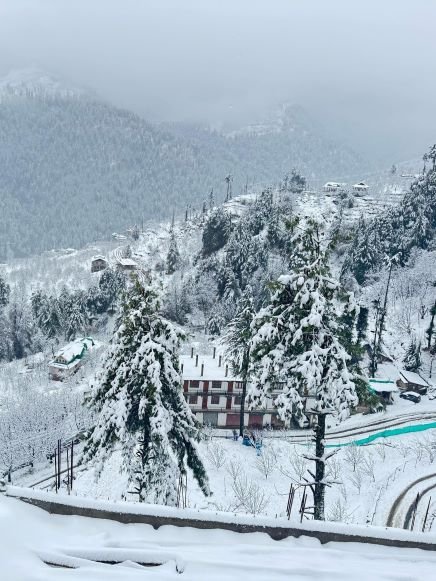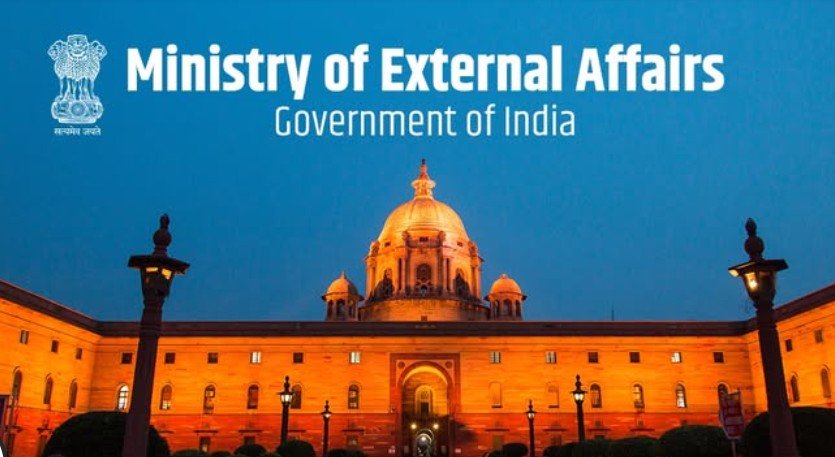
Pakistan Suspends Simla Agreement, Expels Indian Diplomats in Escalating Row Over Pahalgam Terror Attack Response
- HEADLINESNATION
- April 24, 2025
- No Comment
- 185
In a dramatic escalation of diplomatic tensions, Pakistan has announced the suspension of the historic 1972 Simla Agreement, a move that marks a significant deterioration in India-Pakistan relations. The announcement comes amid a flurry of retaliatory actions taken by Islamabad in response to India’s strong countermeasures following the devastating terror attack in Pahalgam, Jammu and Kashmir, which claimed the lives of 26 people, mostly tourists.
The decision was confirmed by leading Pakistani daily Dawn, which reported that the National Security Committee (NSC)—Pakistan’s apex body on security affairs—convened a high-level meeting lasting over two hours to finalize the country’s response. In addition to suspending the Simla Agreement, the NSC expressed condolences for the victims of the attack but categorically rejected India’s reaction, labeling it “unilateral, unjust, politically motivated, extremely irresponsible, and devoid of legal merit.”
The Simla Agreement, signed after the 1971 Indo-Pak war, laid the foundation for bilateral dialogue and peaceful dispute resolution. It also demarcated the Line of Control (LoC) in Kashmir and emphasized mutual respect for each nation’s territorial integrity and sovereignty. Pakistan’s suspension of this agreement signals a turning point, with Islamabad choosing to roll back one of the most enduring diplomatic frameworks that has defined South Asian geopolitics for over five decades.
Pakistan’s retaliatory measures extend far beyond diplomatic symbolism. It has expelled Indian military diplomats, declared them persona non grata, and mandated that the Indian High Commission in Islamabad reduce its personnel to 30 by April 30. All SAARC visa exemptions for Indian citizens have also been revoked, a move that effectively isolates India within a regional framework once envisioned as a platform for cooperation. Additionally, the Wagah-Attari border crossing—a vital link for trade and cultural exchange—has been closed for an indefinite period.
The sharpest warning, however, came in response to India’s suspension of the Indus Waters Treaty, which Islamabad described as an “act of war.” Signed in 1960 with World Bank mediation, the treaty has endured numerous military and political crises between the two nations. Pakistan’s NSC declared any attempts by India to divert or block water flow from the Indus River system as completely unacceptable, warning of “grave consequences.”
While reiterating its commitment to peace, Pakistan has insisted that any dialogue must be grounded in what it terms “fair and lawful” terms. The NSC emphasized its position that terrorism should not be used as a pretext to alter bilateral treaties or to impose punitive diplomatic isolation.
This unfolding crisis underscores the fragile nature of India-Pakistan relations and raises serious concerns over the future of regional stability in South Asia. As both nations exchange sharp rhetoric and withdraw from foundational agreements, the global community watches with apprehension, hoping that the diplomatic backchannels remain functional to prevent a further slide into hostility.
#IndiaPakistanTensions #SimlaAgreementSuspended #IndusWaterTreaty #WagahBorderClosed #DiplomaticCrisis
This is an auto web generated news web story.



